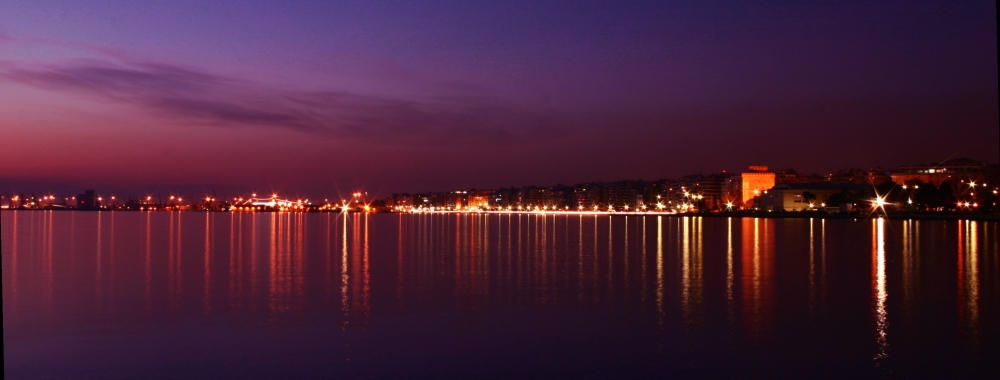 |
| "Father G" and his homies |
Determined to make a lasting change in the community, he
used charitable gifts to purchase a bakery that had been closed down. It is now
baking bread and employs dozens of women and men---mostly paroled felons--to
give them hope and a place to start afresh. As the bakery has prospered, he has
developed other businesses including a cafe, a silk-screen shop and tattoo
removal service. Homeboy Industries (read the story; visit their
site) now provides work for many in his community, where Father
G is fiercely loved. In fact, there is a large mural one story high and half a
block long with the faces of Martin Luther King, Emiliano Zapata, Cesar Chavez
and Father Gregory Boyle.
Father G has many gifts, but perhaps his greatest is an
uncommon vision. He has cultivated the ability to see others as God sees
them. This vision is not distracted by race, tattoos, or the stains of
sin. Affectionately calling his 'homies' mijo, dawg or
kiddo, he reflects that vision in all that he does. He is in the
business of changing lives by giving unconditional love along with second, third and fourth chances. When he looks a person in the eye and says "you
are exactly what God had in mind when he made you", or "you
are so much more than the worst thing you've ever done", miracles take
root in soil once thought to be sterile.
Father Boyle is not out there saying 'all is well in Zion' and or 'there is no devil'. There are plenty of do-gooders out there that try in vain pacify the world with messages like 'whatever makes you happy--just be a nice person.' On the contrary, Father Boyle is healing hearts and saving lives with the message of the Gospel of Jesus Christ. But that message rings hollow if the one that gives it doesn't believe the Lord can deliver on what he's promised: "he who has repented of his sins, the same is forgiven, and I, the Lord remember them no more" (D & C 58:42) and "though your sins be as scarlet, they shall be as white as snow" (Isaiah 1:18). Father G believes it, and recorded his experiences over the many years in his book (Tatoos on the Heart: The Power of Boundless Compassion. New York: Free Press, 2010).
It was Jesus Christ that told us: “Remember the worth of souls is great in the sight of God” (D&C 18:10). We could all use a little more of that clarity of vision--same vision that sees a soul instead of gang tattoos; a son of God rather than a panhandler on the street.
Father Boyle is not out there saying 'all is well in Zion' and or 'there is no devil'. There are plenty of do-gooders out there that try in vain pacify the world with messages like 'whatever makes you happy--just be a nice person.' On the contrary, Father Boyle is healing hearts and saving lives with the message of the Gospel of Jesus Christ. But that message rings hollow if the one that gives it doesn't believe the Lord can deliver on what he's promised: "he who has repented of his sins, the same is forgiven, and I, the Lord remember them no more" (D & C 58:42) and "though your sins be as scarlet, they shall be as white as snow" (Isaiah 1:18). Father G believes it, and recorded his experiences over the many years in his book (Tatoos on the Heart: The Power of Boundless Compassion. New York: Free Press, 2010).
It was Jesus Christ that told us: “Remember the worth of souls is great in the sight of God” (D&C 18:10). We could all use a little more of that clarity of vision--same vision that sees a soul instead of gang tattoos; a son of God rather than a panhandler on the street.








